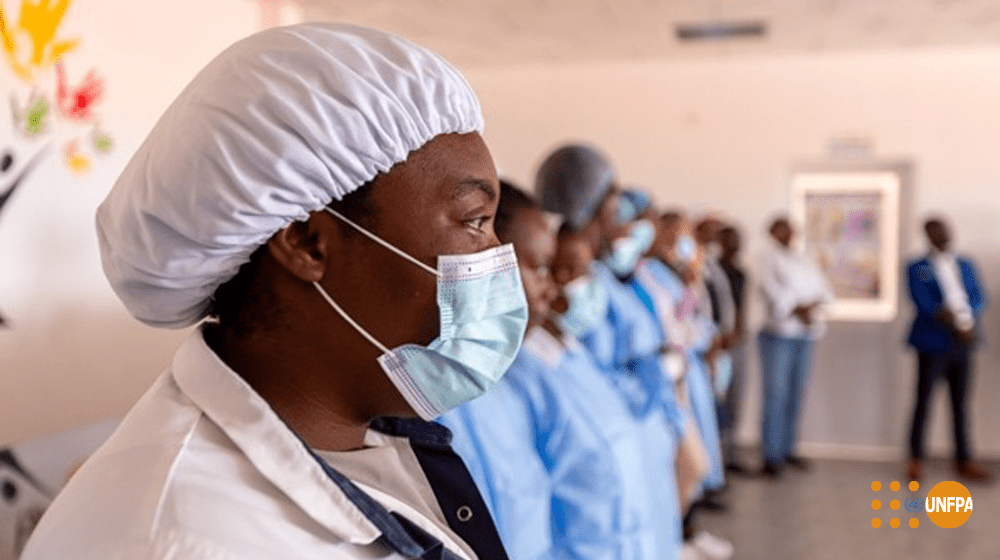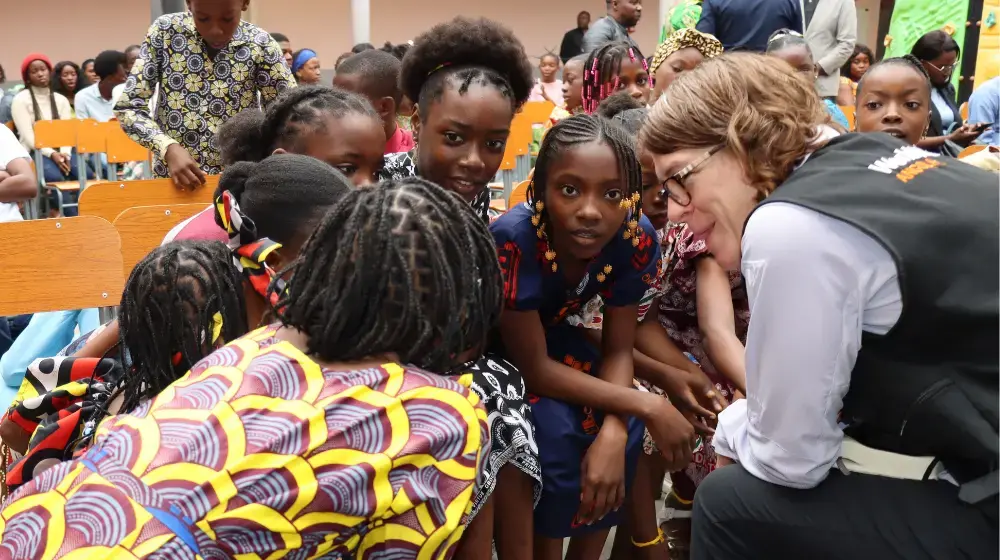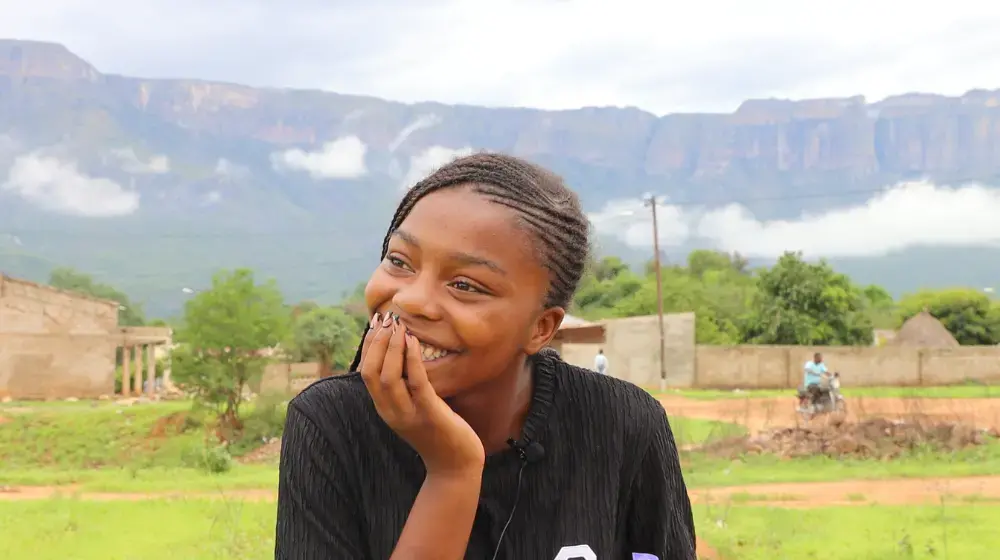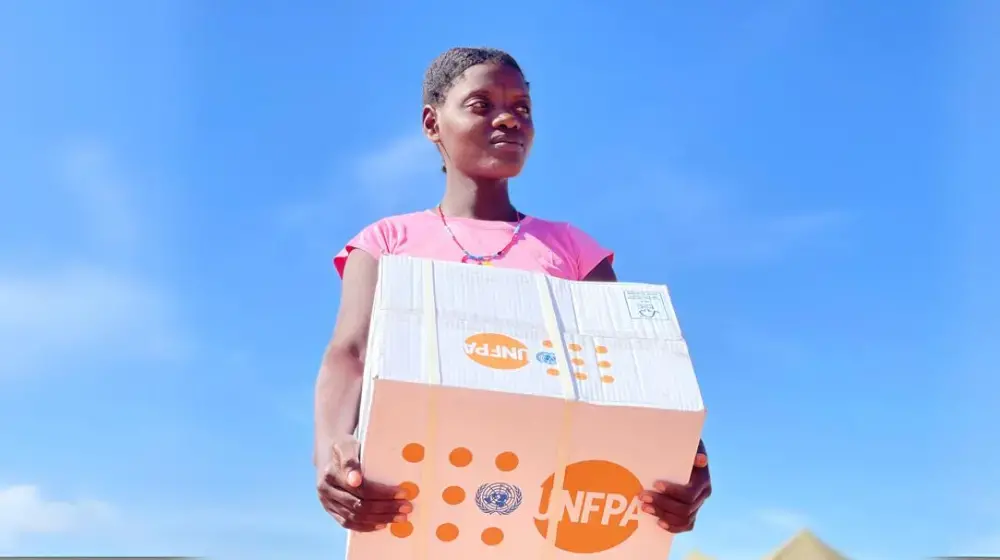Opening of Services Friendly to Adolescents and Young People (SAAJ)
At the Aristides Sombreiro Health Center, 5 de Abril Neighborhood, Namibe
22 SAAJ, Health Services Friendly to Adolescents and Young People, have opened in the 4 Drought Affected Provinces in Angola
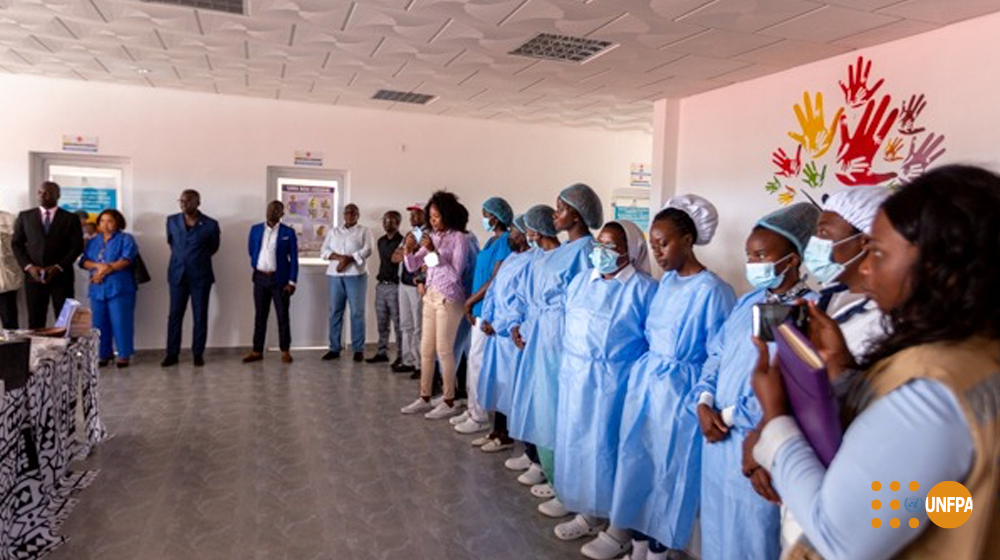
5 de Abril neighborhood
The Government of Angola is carrying out an emergency response program to mitigate the effects caused by the drought that has hit Angola and the rest of Southern Africa this year. As part of this response, the Ministry of Health (MINSA) formulated the “Plan of Emergency Interventions for the Health Sector” to reduce the impact of the drought on the sexual and reproductive health of the affected population. This plan is implemented in partnership with the United Nations for Population (UNFPA), through a financing module with the World Bank. Based on UNFPA's experience in emergency situations, including areas in southern Angola, it is expected that there will be 350,000 women aged 15-49 in need of sexual and reproductive health services and 280,000 sexually active men. In addition, 56,000 children will born during the year. In the face of this context, the Government of Angola invested in the PFSS (Long Term Health Systems Strengthening Program), to design emergency interventions to strengthen health systems long term. Since 60% of Angola’s population is under the age of 25, the PFSS program team focused part of the intervention in creating services tailored for Adolescents and Young People in health units. These SAAJs, will be opened as user friendly spaces inside health units, with teams trained to respond to young people and adolescents needs without the barriers young people have reported to have previously found when requesting sexual and reproductive health support.
In order to support , the provinces of Cuando Cubango, Namibe, Cunene and Huila will be strengthened with interventions to reduce maternal and neonatal mortality, prevent HIV transmission, and prevent and manage cases of gender-based violence. Other priorities include guaranteeing the hygiene dignity of women and girls during menstruation, and strengthening integrated sexual and reproductive health services at the municipal level. These two interventions have been shown to reduce maternal deaths and save lives.
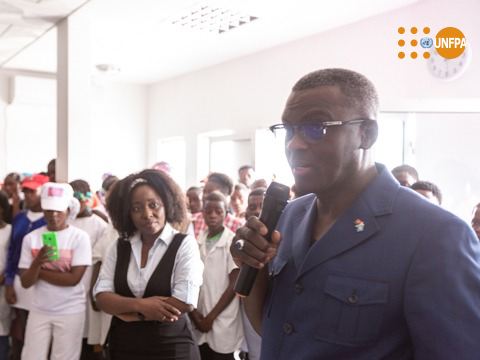
importance of these service for the provinces of Namibe
Specific Objectives of the Program:
1. Increase pregnant women's adherence to ANC consultations and institutional delivery assisted by qualified personnel;
2. Reinforce the knowledge and skills of HU technicians in drought-affected areas to provide quality Emergency Obstetric and Neonatal Care;
3. Implement Adolescent and Youth Friendly Services in municipalities affected by the drought
4. Ensure adequate care and treatment for survivors of Gender-Based Violence
5. Increase the knowledge of people in the communities, especially adolescents and young people, about integrated sexual and reproductive health services with emphasis on menstrual hygiene, prevention of early pregnancy, Sexually Transmitted Infections including hepatitis and HIV
6. Ensure the logistics of Reproductive Health means and products in the 22 Municipalities affected by the drought.
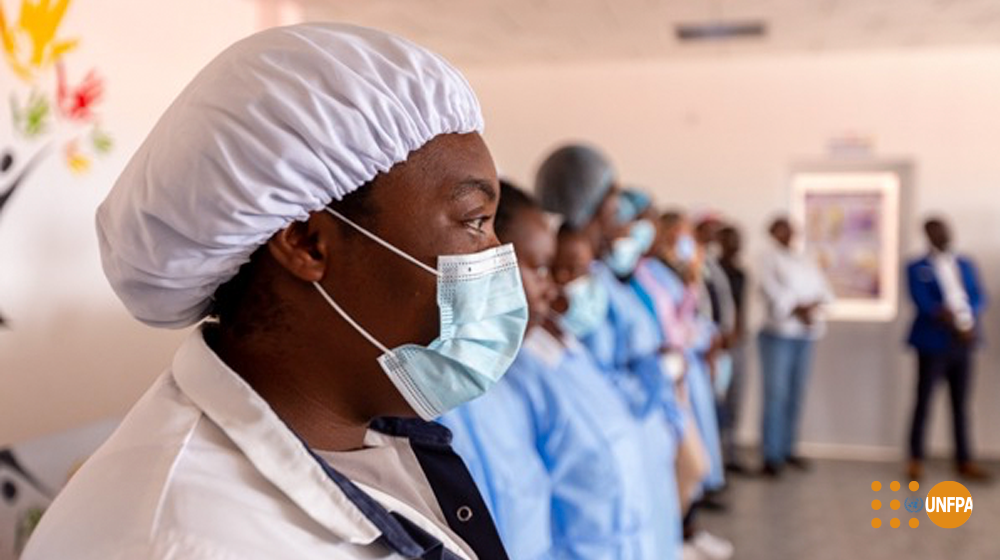
The PFSS aim is to design the interventions that support the resumption of routine sexual and reproductive health services, strengthening the population’s experience towards the resilience phase. The SAAJ’s centres are aimed at adolescents and young people, and are tailored to improve their experience with health centers.
Key changes include:
1.Counseling Services for family planning, the promotion of institutional births and the importance of prenatal consultations.
2.STD and HIV/AIDS counseling services
3.Teenage Pregnancy Prevention Information
4.Prevention of clandestine abortions
5.Responsible fatherhood and motherhood; menstruation and menstrual hygiene; health.
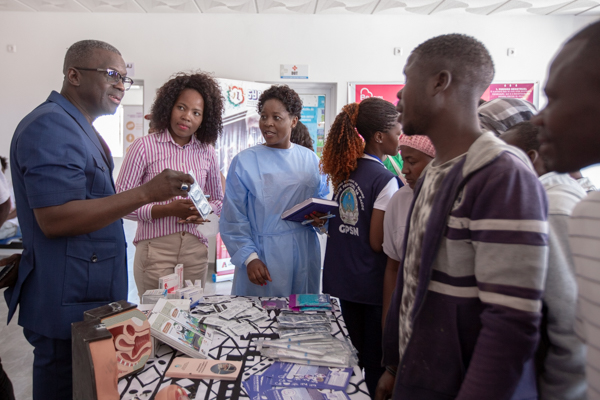
and explains the importance of using male condoms as a way to avoid diseases
and family planning
In addition to interventions in the areas of reproductive health, gender and youth, UNFPA Angola supports the work of the Government of Angola in strengthening the capacity of national, provincial and municipal public institutions to generate and use disaggregated data to inform policies and combat programs to inequalities in development, including in humanitarian contexts. The World Bank Group supports Angola's efforts to reduce poverty and promote economic growth by working with government, development partners, and civil society.
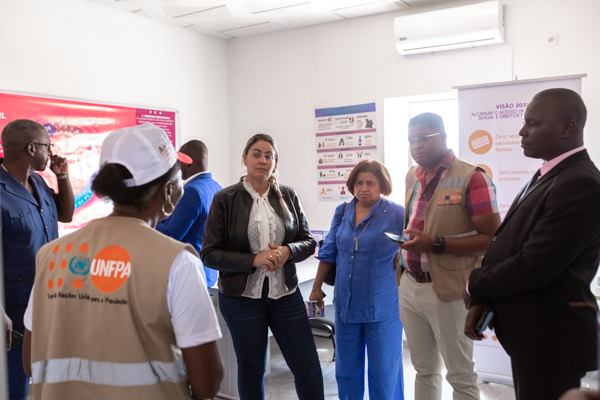
Moçamedes Health Center, Manuela Fragoso UNFPA Namibe and Aurelio Macaia UNFPA

